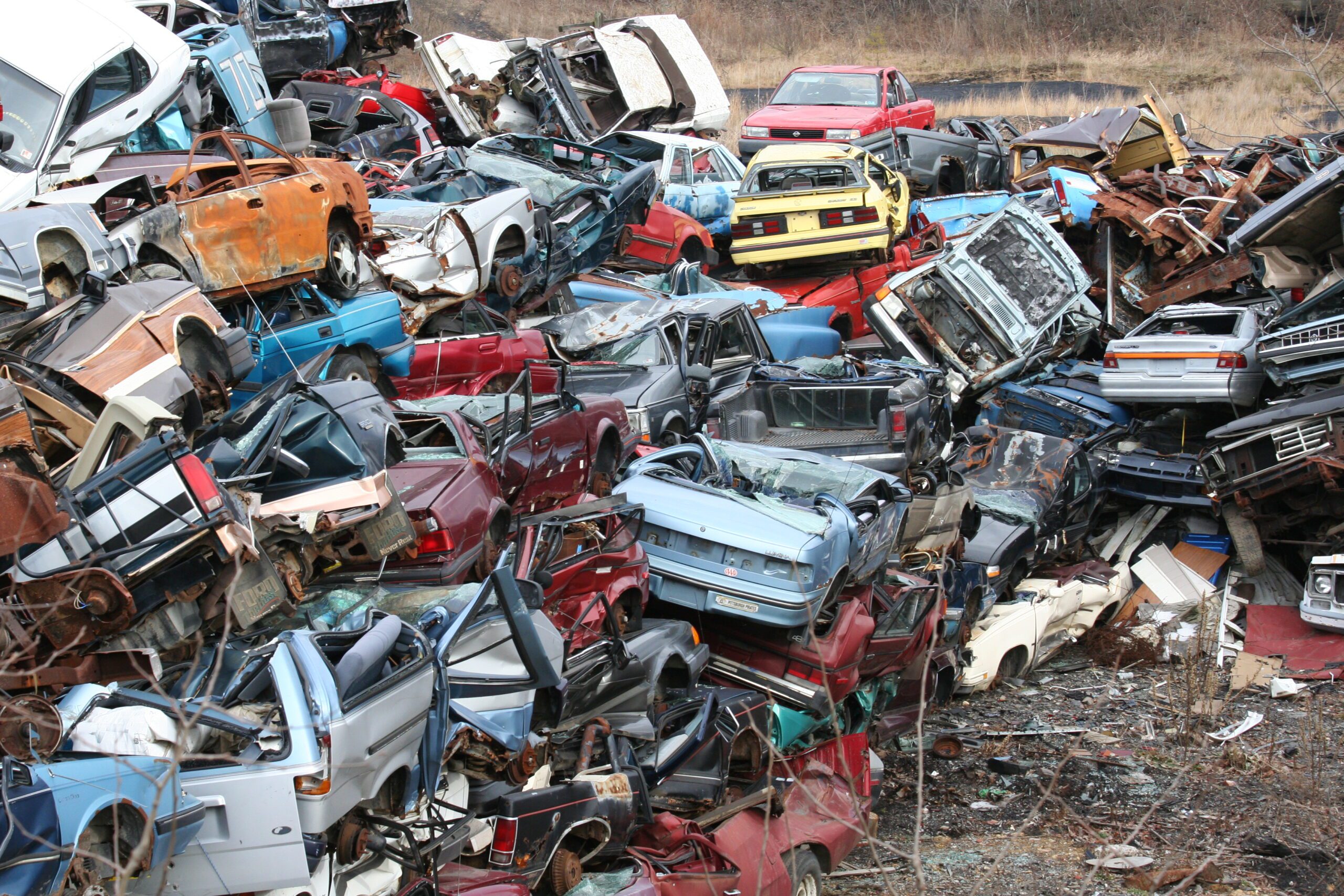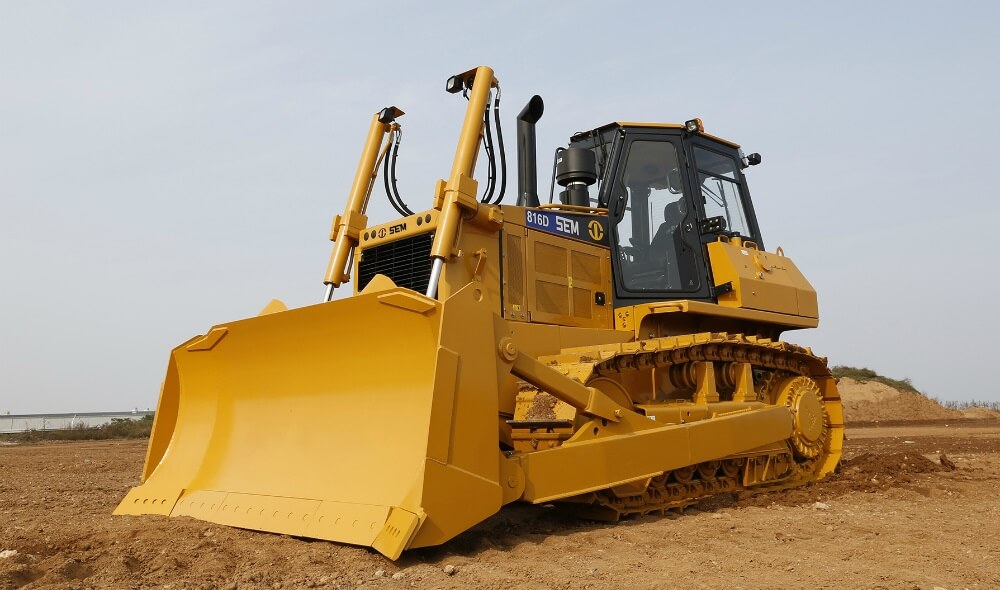Have you ever been driving down the road when suddenly, your car starts making an odd noise? It can be alarming, especially if you’re not sure what it means. Recognizing and understanding these noises is crucial for maintaining your vehicle’s health and ensuring your safety. Let’s dive into some common car noises and what they might be trying to tell you.
Types of Car Noises and Their Causes
Engine Noises
Knocking or Pinging
If you hear a knocking or pinging noise coming from your engine, it could be due to a variety of issues. Common causes include using lower-octane fuel than recommended, carbon buildup, or problems with your spark plugs.
Squealing or Screeching
A squealing noise often indicates a problem with your engine belts. This can happen if the belts are worn out or not properly tensioned. It’s essential to address this promptly, as a broken belt can lead to more serious engine damage.
Transmission Noises
Grinding
Hearing a grinding noise when you shift gears? This could indicate a problem with your transmission. It might be due to low transmission fluid, worn-out gears, or issues with the clutch in manual transmissions.
Whining
A whining noise that changes with engine speed is often a sign of transmission problems. This could be due to a worn-out bearing or low transmission fluid. Either way, it’s a good idea to have a mechanic take a look.
Brake Noises
Squeaking
Squeaking brakes are often caused by worn-out brake pads. When the pads wear down, the metal backing plate can come into contact with the brake rotor, causing a squeaking sound. It’s a sign that you need to replace your brake pads soon.
Grinding
A grinding noise when you apply the brakes is more serious. This typically means that your brake pads are completely worn out, and the metal is grinding against the rotor. This can severely damage your braking system and should be addressed immediately.
Suspension and Steering Noises
Clunking
Clunking noises when driving over bumps or turning corners usually point to issues with your suspension or steering components. This could be due to worn-out ball joints, struts, or control arms.
Creaking
A creaking noise while turning the steering wheel might indicate problems with your steering rack or suspension bushings. These components can wear out over time, leading to increased noise.
Exhaust Noises
Loud Roaring
A loud roaring noise from your exhaust could mean that there’s a hole or crack in the exhaust system. This can allow exhaust gases to escape before they are fully muffled, leading to increased noise levels.
Hissing or Ticking
A hissing or ticking noise coming from your exhaust could indicate a leak in the exhaust manifold or a problem with the gasket. This should be inspected and repaired to prevent exhaust fumes from entering the cabin.
Miscellaneous Noises
Clicking
A clicking noise while driving, especially during turns, is often caused by a failing CV joint. This component is crucial for transferring power from the transmission to the wheels, and it needs to be replaced if it fails.
Rattling
Rattling noises can be caused by a variety of issues, from loose heat shields on the exhaust to worn-out suspension components. It’s important to identify the source of the rattle to prevent potential damage.
visit: https://getcashforcarz.com.au/cash-for-cars-sunshine-coast/
Diagnosing the Noise
Listening Carefully
Pay close attention to the noise. Note whether it changes with speed, during acceleration or deceleration, or when turning. These clues can help pinpoint the problem.
Identifying the Source
Try to determine where the noise is coming from. Is it under the hood, near the wheels, or underneath the car? This can help narrow down the possible causes.
Taking Note of When It Occurs
Does the noise happen only when the engine is cold, or after it’s warmed up? Is it constant, or does it come and go? Detailed observations can be incredibly helpful when diagnosing car noises.
Common Solutions for Car Noises
DIY Fixes
Some minor issues, like tightening a loose heat shield or replacing worn-out wiper blades, can be handled at home with basic tools. However, always ensure you have the proper knowledge and equipment before attempting any repairs.
When to See a Mechanic
For more serious or complex issues, it’s best to consult a professional mechanic. If you’re unsure about the cause of the noise or how to fix it, seeking professional help can prevent further damage and ensure your safety.
Preventive Maintenance Tips
Regular Inspections
Regularly inspect your car for signs of wear and tear. This includes checking belts, hoses, and fluid levels. Early detection of potential issues can save you from more expensive repairs down the line.
Keeping Fluids Topped Up
Ensure that all essential fluids, such as engine oil, transmission fluid, brake fluid, and coolant, are at the correct levels. Proper lubrication and cooling are crucial for preventing many types of car noises.
Replacing Worn-Out Parts
Components like brake pads, belts, and spark plugs wear out over time and need to be replaced regularly. Keeping up with these replacements can prevent many common car noises.
How to Communicate with Your Mechanic
Describing the Noise
Be as specific as possible when describing the noise to your mechanic. Mention when it occurs, how often, and any other relevant details. This can help them diagnose the issue more quickly and accurately.
Providing Context and Details
Provide any additional context that might be relevant, such as recent repairs or maintenance. This information can give your mechanic a better understanding of your car’s history and potential issues.
Conclusion
Car noises can be unsettling, but understanding what they mean and how to address them can make a big difference. Whether it’s a simple DIY fix or a job for your trusted mechanic, taking action promptly can prevent further damage and keep your car running smoothly. Remember, staying proactive with maintenance and paying attention to new sounds can save you time, money, and stress in the long run.
FAQs
What should I do if my car starts making a noise suddenly?
If your car starts making an unusual noise suddenly, try to identify the type and source of the noise. If it seems serious, pull over safely and consider calling for roadside assistance or a mechanic.
Can I continue driving if my car is making a noise?
It depends on the noise. Some noises indicate minor issues that can wait, while others signal serious problems that need immediate attention. When in doubt, consult a mechanic to avoid further damage.
How can I tell if a car noise is serious?
Serious noises are often loud, persistent, and accompanied by other symptoms like reduced performance or warning lights on the dashboard. If you notice any of these signs, seek professional help immediately.
Are all car noises expensive to fix?
Not necessarily. Some noises are caused by minor issues that can be fixed inexpensively, while others might require more costly repairs. Diagnosing the noise early can help minimize repair costs.
How often should I have my car checked for potential noise issues?
Regular maintenance checks, typically every 6 months or according to your car’s manual, can help catch potential noise issues early. Additionally, have your car inspected whenever you notice new or unusual noises.



